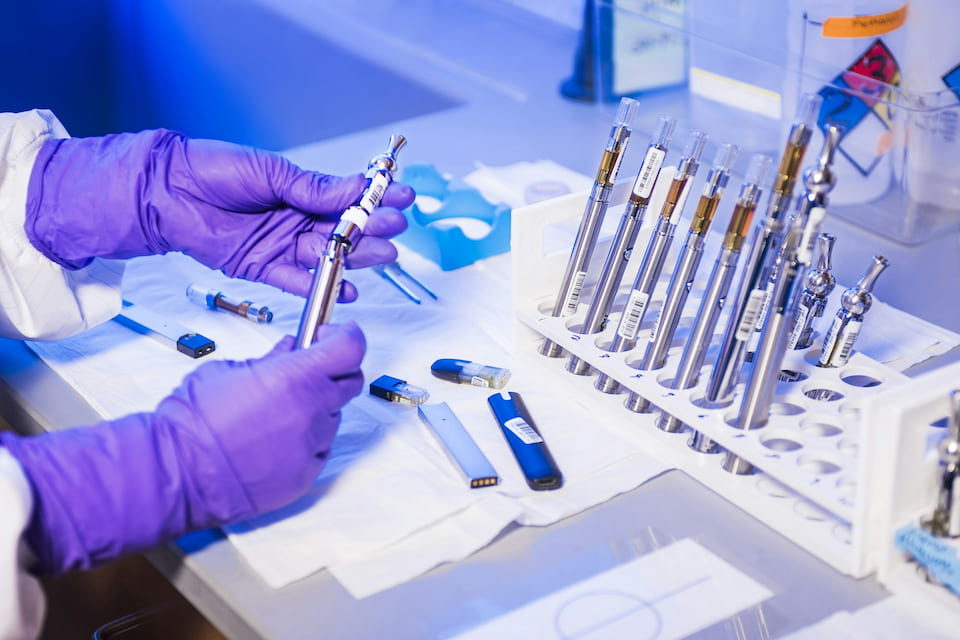The life you dream of is just outside your comfort zone. Learn how facing challenges leads to transformation, confidence, and career clarity.
Have you ever wondered what makes someone commit a crime? Or how detectives and lawyers get into the minds of criminals to solve complex cases? If you have a passion for justice, a fascination with human behavior, and an appetite for the thrill of uncovering the truth, criminal psychology might just be the perfect career for you! Let’s dive into this rare but highly impactful field in the justice system, and discover what it takes to be a criminal psychologist.
What Is Criminal Psychology?
Contrary to popular belief, criminal psychology isn’t just about understanding a criminal’s mind or diagnosing their behavior. It’s about digging deep into every circumstance that may lead someone to commit a crime. Criminal psychologists combine their knowledge of human psychology, neuroscience, and forensics to figure out why people commit crimes and, even better, how to prevent them in the future. They’re an integral part of the legal system, working hand-in-hand with law enforcement, the courts, and rehabilitation centers.
From assessing suspects to helping in crime scene investigations, their skills are crucial in understanding the bigger picture. It’s a fascinating field where science meets law, and trust me – no two days are ever the same!
Who Can Become a Criminal Psychologist?
If the idea of catching criminals using the power of psychology excites you, here’s what you’ll need. To become a criminal psychologist, a Master’s Degree in Criminal Psychology is essential. If you’re aiming for the top, a PhD is even better, opening doors to more advanced roles and research opportunities.
Here’s a quick roadmap:
- Start with a BSc in Clinical Psychology (a four-year honors program is a great choice).
- Follow that with an MSc in Criminal Psychology or related fields like Criminology.
- Consider a PhD to truly sharpen your expertise and stand out in the field.
- Bonus: If you’re passionate about law, integrated law graduates can explore specialized programs in criminal psychology.
While few institutes in India offer a PhD in this field, Gujarat Forensic Sciences University is a leader, famous for its cutting-edge programs. It’s all about following your passion!
The Thrill, the Risk, and the Satisfaction
This isn’t your average desk job – being a criminal psychologist is a thrilling, high-stakes career. You’ll use your intelligence, intuition, and knowledge of personality traits to untangle some of society’s most complex issues. Sometimes, you’ll be working in risky situations, applying your insights during interrogations or crime scene evaluations.
You’ll need to develop sharp observation skills, especially when analyzing body language and subtle clues in human behavior. Every piece of information counts, and you’ll often have to make sense of limited evidence. It’s like being a detective with a psychological superpower!
On top of that, patience is a must. You might spend hours, days, or even weeks digging through the life history of a suspect, carefully piecing together the puzzle to provide critical testimony in court. You’ll often be called upon by the legal system to guide juries in making informed decisions. The weight of responsibility can be heavy, but the rewards? Absolutely satisfying. Imagine playing a key role in solving a case or preventing future crimes – it’s a powerful feeling.
Where Can You Study?
If you’re already itching to get started, here’s a list of some of the best institutions offering programs in criminal psychology in India:
- National Forensic Sciences University, Gandhinagar (Gujarat) – One of the best for MSc and PhD programs.
- Sardar Patel University of Police Security and Criminal Justice, Jodhpur – Ideal for criminal psychology studies.
- Madurai Kamaraj University – Offers various programs related to criminology.
- University of Mysore – Known for its MSc in Criminology and Forensic Science.
- CMJ University, Shillong – Offers an MSc in Criminology.
- Rashtriya Raksha University, Gandhinagar – Offers a leading MSc in Forensic Psychology.
- Jyoti Dalal School of Liberal Arts, Mumbai – Offers a PG Diploma in Investigative and Forensic Psychology.
Fun Facts About Criminal Psychology
- Criminal psychologists often work behind the scenes, helping police profile criminals and predict their next move (yes, it’s just as cool as it sounds!).
- The role is often misunderstood thanks to TV shows – in real life, it’s more about methodical research than dramatic action.
- Criminal psychologists sometimes get to visit crime scenes to analyze behavioral clues, contributing directly to solving cases.
- This career doesn’t only focus on catching the bad guys; you could also work in rehabilitation or crime prevention, helping to stop crimes before they happen.
Is This Career for You?
Criminal psychology is not just a job; it’s a calling. It’s for those who have the passion, resilience, and determination to face challenging situations head-on. You’ll need to be sharp, intuitive, and compassionate – after all, you’re not just analyzing crimes, you’re helping people understand and reform their behavior. If you’re up for the challenge, criminal psychology offers a career that’s as thrilling as it is rewarding!
So, ready to dive into the mind of a criminal and make a difference? Your journey starts now!




